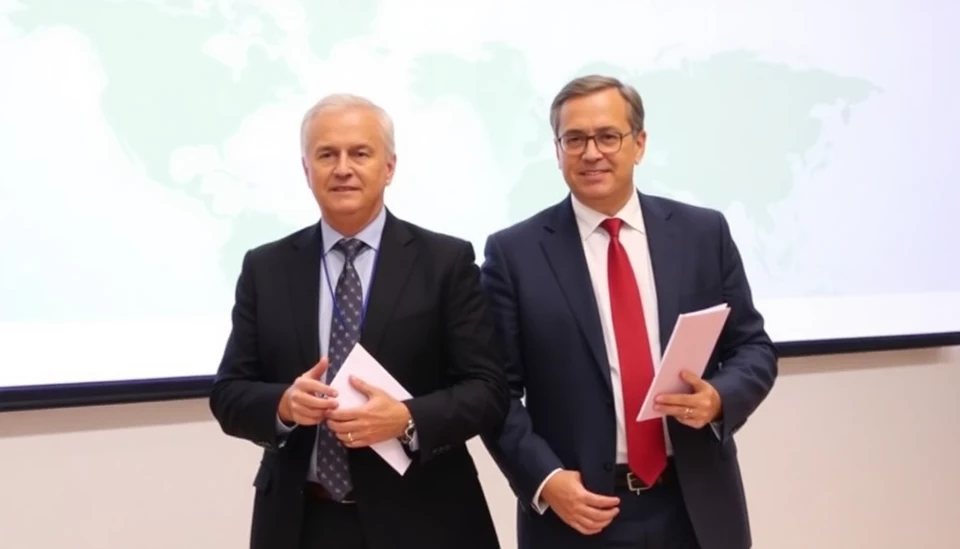
In a notable development that could shape the future of Chile's economic landscape, a group of highly regarded economists has allied with a prominent presidential candidate in their bid to bring transformative fiscal policy to the forefront. This strategic partnership aims to address the country's pressing economic challenges while presenting innovative solutions to the electorate.
The coalition features several key figures renowned for their expertise in macroeconomic policy, fiscal reform, and social investment. Their collaboration with the presidential contender marks a significant move within the political arena as Chile approaches a crucial electoral cycle. Each economist brings a wealth of experience and academic rigor, promising to bolster the candidate's platform through substantial, evidence-based proposals.
Among the primary objectives of this coalition is the enhancement of social welfare schemes that both stimulate economic growth and reduce inequality. Chile has faced stark disparities in income and wealth distribution, which have been exacerbated over the years due to fluctuating economic conditions and social unrest. By combining economic theory with practical policy applications, the team aspires to create a comprehensive approach to governance that prioritizes both development and equity.
As the presidential contender prepares for the upcoming election, their campaign rhetoric has already begun to reflect the perspectives of this economist coalition. Central to their message is the importance of transparent governance, sustainable fiscal policies, and the need for robust structural reforms that can address the roots of social discontent while fostering a favorable environment for business and entrepreneurship.
The collaboration signals a shift toward a more technocratic approach in Chile's political discourse, where decisions are increasingly informed by empirical data and expert analysis rather than populist sentiments alone. This may appeal to a electorate eager for credible solutions amid ongoing economic uncertainties and dissatisfaction with traditional political narratives.
In light of recent economic fluctuations, the coalition emphasizes the need for a diversified economic model that reduces dependency on copper exports — a primary driver of Chile's economy that is vulnerable to global market shifts. Their proposed strategies advocate for investment in technology, sustainable industries, and education to prepare the workforce for a rapidly evolving global economy.
As the electoral timeline unfolds, both supporters and critics of this partnership will undoubtedly be paying close attention. While some may view the alignment of economics and politics with skepticism, others might see it as a timely integration of knowledge with governance that could pave the way for a more prosperous and equitable Chile.
Regardless of the outcome, this alliance of key economists with a forward-looking presidential candidate signifies a crucial moment in Chilean politics. It raises the prospect of a governance model that blends expertise with public policy, aiming to not only navigate the complexities of the present but also to build a resilient framework for the future.
As the election approaches, the candidate and their newly appointed economic advisors will be tasked with effectively communicating their vision to the Chilean public, capitalizing on their shared expertise to inspire confidence and galvanize support among voters.
In conclusion, as Chile stands at a crossroads, the developments within this coalition could have far-reaching implications for the country's trajectory — both economically and socially. Eyes will be on the campaign trail, where the interplay between economic expertise and political ambition unfolds, potentially shaping the future of governance in Chile.
#ChileEconomics #PresidentialElection #SocialEquity #EconomicReform #PoliticalCoalition #InnovativePolicy
Author: Laura Mitchell




